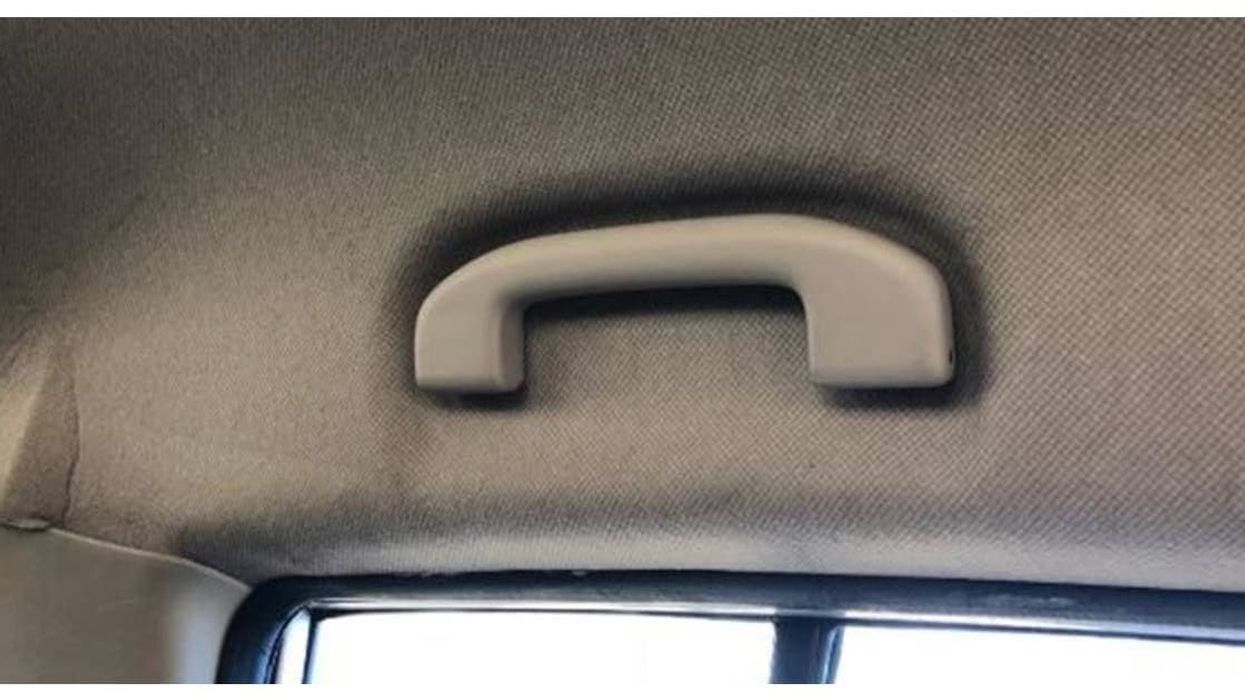As a child, Kate Bogner developed a small scar that got bigger and bigger until it was diagnosed as scleroderma en coup de sabre, which essentially means “the cut of a sabre,” for how it appears on the skin. According to the National Scleroderma Foundation, its causes are unknown, but it’s thought to be an autoimmune disease. Localized scleroderma, like scleroderma en coup de sabre, “typically only affects the skin, although in some cases the underlying muscle and tissue may be involved,” the foundation shares. It can cause changes in the skin’s appearance, particularly on the face. Though she is now in remission, Bogner has a scar that runs through her forehead. It’s not always an easy experience to live through as a child or as an adult, as both the foundation and Bogner shared, but she developed a keen sense of self-advocacy that she maintains to this day to handle unkind comments.
Bogner, who is a holistic health coach, has heard it all, she said in a recent video, when it comes to rude name-calling or suggestions that she “get bangs” to cover up the scar.
“I've heard it all, but like, if I were to get bangs, that would be proving to everyone that I feel like I have something to hide and something that I feel like there is wrong with me, and that I'm embarrassed with it. Why would I do that?” she said.
She remembered a boy in eighth grade calling her Butthead, then finding him on the playground and telling him to never do it again. It worked. “Because I was like, ‘what is your issue? There's nothing wrong with me. Leave me alone.’ And then nobody really messed with me.” Bogner credits her ability to confront people as key to shutting them down.
“I was never really bullied much in school, either, because I never really shied away from confrontation,” she said. “So neither should you. Let people call you what they want but also, don't take anybody’s sh*t at the same time, you know what I mean?”
Bogner knows that kinder people will have questions about her scar, particularly young children. “I don’t react negatively, I don’t get mad, I just smile back, I answer their question,” she wrote in another video. “It’s not the scar that tells my story, but my strength and compassion for those who don’t understand. It is my understanding of the curiosity of others and the strength I hold in solidarity with those who cannot.”
Confidence is part of Bogner’s work as a coach, and she regularly discusses on social media how scars are actually what make us beautiful. “There was a time I wished my scar would disappear,” she wrote on Instagram recently. “Now, I hope it makes you pause. Because it’s proof of healing. Of growing. Of rising—even when I didn’t feel ready. And that you, too, can heal that inner voice that tells you that you can’t.” She smiles brightly in the photograph. “This smile? It’s not in spite of everything I’ve been through. It’s because of it. Let them see you. Scar and all.” It’s advice we can all take with us, too.















